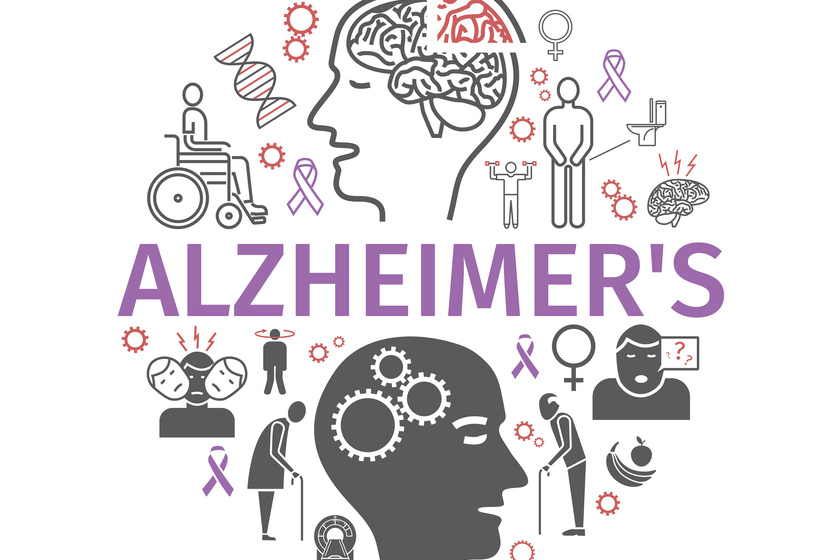When you suspect that your elderly loved one may be experiencing symptoms of Alzheimer’s disease, it helps to know what to watch out for. You may also be wondering whether you are confusing symptoms of normal age-related forgetfulness with Alzheimer’s disease. While that is common, there’s a big difference between the two that should be acknowledged.
Read on to find out more about the symptoms you should be looking out for.
Early Stages
During the early stages of Alzheimer’s disease, symptoms can appear as normal signs of forgetfulness and start to get worse. This is the major difference between normal age-related changes in memory and Alzheimer’s disease. Another important thing to note is that during the early stages, Alzheimer’s patients are able to remember things that happened in the distant past, but not things that happened recently.
Below are some symptoms you may notice in the early stages:
-
- Forgetting something familiar, such as the way home or a friend’s name
- Commonly misplacing items that can include glasses and keys
- Failing to call to mind events or conversations that took place recently
- Struggling to find the right word to use or follow a conversation
- Having trouble focusing on tasks such as financial planning and cooking a meal
- Disorientation with date, time, and space
- Mood changes resulting in an increased state of anxiety, depression, withdrawal, or paranoia
- Losing interest in the activities they used to enjoy
It can be hard for you to discern if your elderly loved one is in the early stages of Alzheimer’s disease, as many of these symptoms can be caused by other underlying conditions. The important thing to do is monitor these symptoms and observe if they get worse with time.
Later Stages
As Alzheimer’s disease progresses, so do the symptoms experienced by your loved one. Below is a list of warning signs that the condition has progressed to a more advanced state:
- Requiring more help with day-to-day activities
- Memory, language, orientation, and reasoning skills worsening to the point that it’s unsafe for your loved one to go out alone or be left unsupervised
- Delusions or hallucinations, such as seeing someone who is not there or being convinced that someone is stealing from them
- Increased agitation, restlessness, and aggression
- Constant repetition of questions
- Disturbed sleep patterns
When you start to notice your elderly loved one experiencing these symptoms, it’s time to consider long-term care options. While aging in place may have been their initial plan, it may no longer be in their best interests, especially if they are unable to receive the level of care they require from home.
Make the Move to a Memory Care Community
Making the move to a memory care community can ensure that your loved one gets the individualized care and attention they need to live a fulfilling life. In our award-winning memory care community, only certified nurses and nursing assistants are directly in charge of the care of our residents. In addition, they will be able to benefit from exclusive lifestyle programs that include three catered meals a day, personal care assistance, medication management services, and more.






